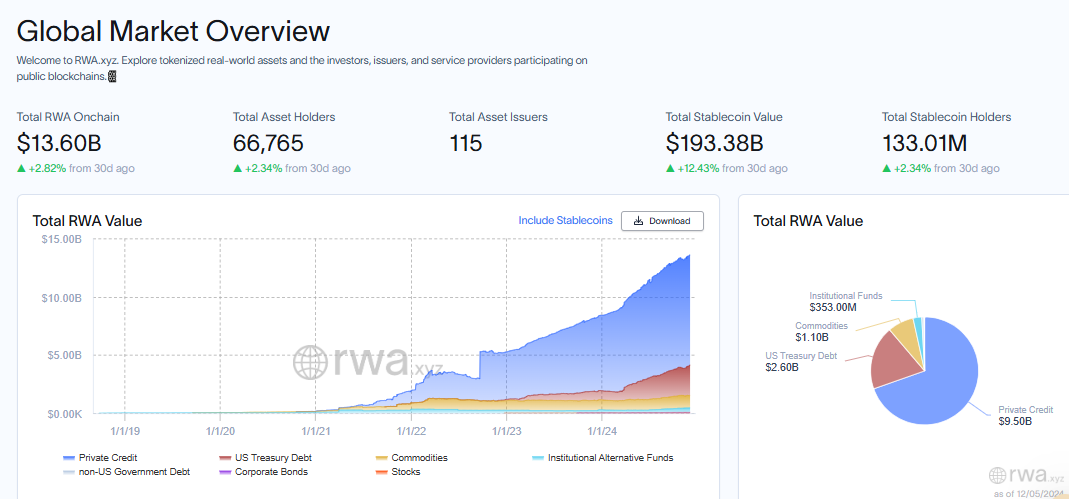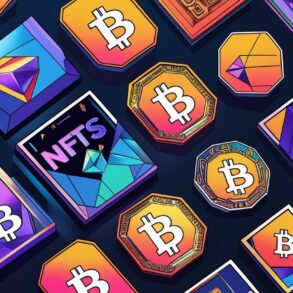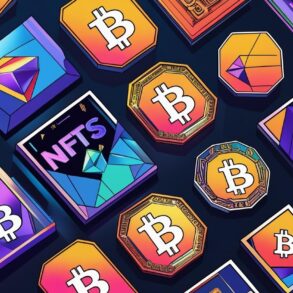Premier Art Holdings Ltd., a leader in fine art investments, and Chintai, a blockchain platform specializing in tokenizing real-world assets (RWAs), announced the launch of a $50 million tranche for their new initiative, The Premier Art Token (TPAT).
This partnership aims to revolutionize the fine art market using Chintai’s white-label tokenization technology. It will enable fractional ownership, making this historically exclusive asset class accessible to a broader investor base.
TPAT Value Proposition from a Market Context
TPAT allows investors to trade fractional tokens backed by a curated portfolio of fine art masterpieces. This novel approach transforms art from an illiquid asset into a dynamic and tradable investment, combining cultural value with financial opportunity.
“Tokenization provides access to assets previously out of reach for most investors while ensuring transparency and security,” said David Packham, CEO of Chintai, in a note shared with BeInCrypto.
This collaboration between Premier Art Holdings and Chintai highlights the convergence of art, technology, and finance. It demonstrates how blockchain can unlock new possibilities for both investors and art enthusiasts.
The initial $50 million tranche of TPAT will be available to accredited investors, with pre-sales starting in December 2024. Public trading will follow. Additional tranches are also in the pipeline, aiming to build a multi-billion-dollar asset portfolio.
Meanwhile, fine art has long been considered a reliable store of value, often outperforming traditional assets such as equities and bonds. By combining blockchain’s transparency and liquidity with fine art’s stability, TPAT offers a new way for investors to diversify portfolios. At the same time, they would benefit from the historical appreciation of masterpieces.
“Scarcity drives value. By tokenizing our portfolio, we democratize access to one of history’s most reliable asset classes, enabling investors to trade their shares dynamically,” noted Bob Johnston, CEO of Premier Art Holdings.
With fine art’s ability to weather economic instability, TPAT aims to appeal to those seeking stability and long-term growth.
Tokenized Assets on the Rise
Tokenizing RWAs addresses the needs of institutional clients seeking secure banking partners and custody solutions for their crypto holdings. By tokenizing assets, blockchain technology offers a safer alternative compared to less secure exchanges or wallet providers. This process also streamlines operations and opens up new opportunities.
The tokenized RWA market has experienced rapid growth, reaching $13.6 billion in value as of this writing. This represents a $3 billion increase since August, driven by institutional interest and advancements in blockchain infrastructure.

Major players such as Swift, UBS, and Chainlink have explored bridging tokenized assets with traditional payment systems. Meanwhile, platforms like WisdomTree and Grayscale have launched tokenized investment funds to cater to this growing demand.
Fine art tokenization follows a similar trajectory, with platforms like Masterworks popularizing fractional ownership of high-value art pieces. These innovations align with broader trends in fintech, where blockchain technology is reshaping illiquid markets by introducing liquidity, accessibility, and enhanced trading capabilities.
Still, the sector faces several challenges before achieving widespread adoption. Issues like establishing token legitimacy, ensuring legal acceptance in courts, and securing smart contracts are hurdles that need to be addressed for tokenized RWAs to go mainstream in traditional and decentralized finance.
“The primary challenge that can impede the adoption of these RWA tokenizations hinges on the need for clear regulations around this new technology. Once clearer operational frameworks are drafted and implemented, the limitations that might stall the mainstream adoption will be removed,” HAQQ Network Co-founder Alex Malkov recently told BeInCrypto.
Disclaimer
In adherence to the Trust Project guidelines, BeInCrypto is committed to unbiased, transparent reporting. This news article aims to provide accurate, timely information. However, readers are advised to verify facts independently and consult with a professional before making any decisions based on this content. Please note that our Terms and Conditions, Privacy Policy, and Disclaimers have been updated.

Sponsored
This post was originally published on this site be sure to check out more of their content







